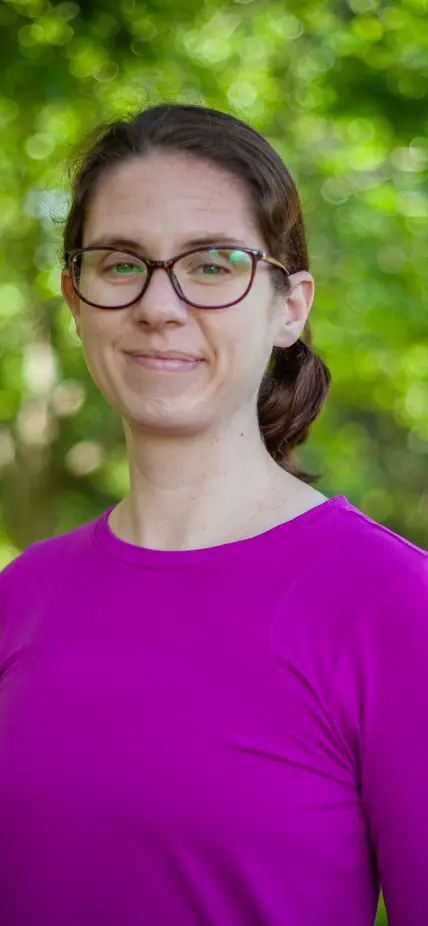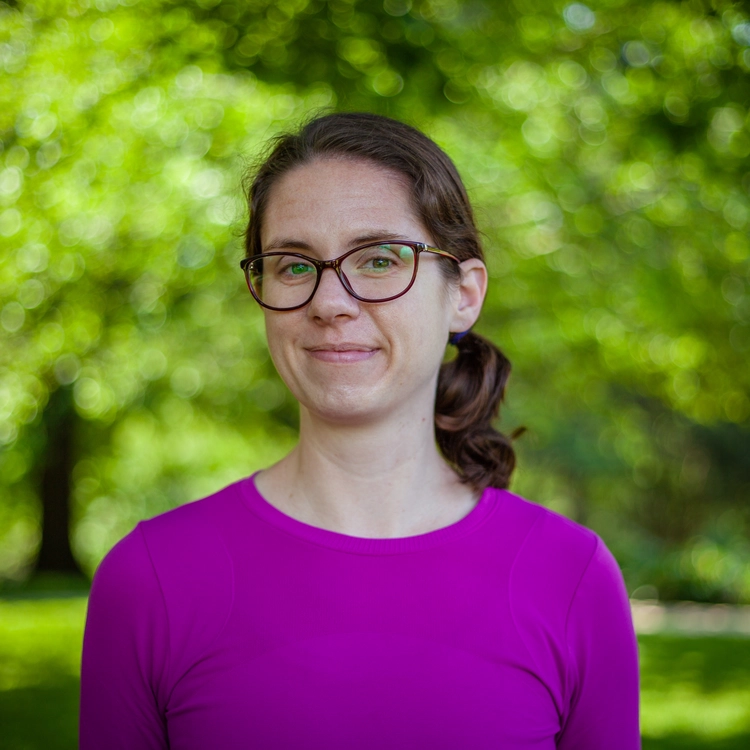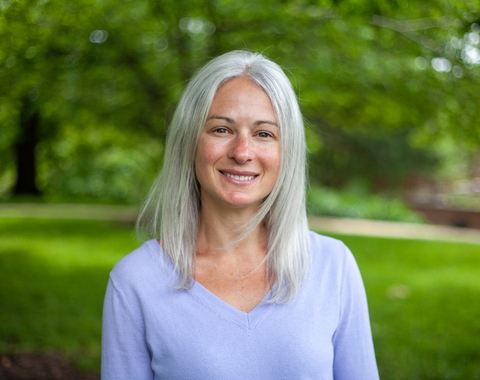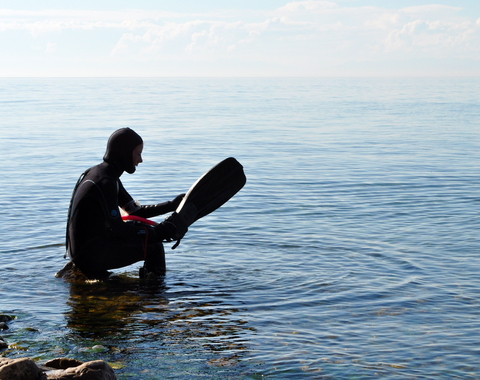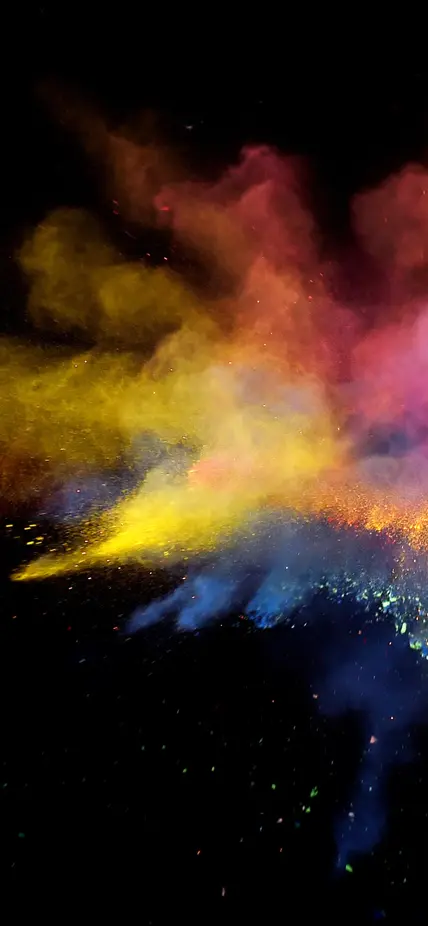This month, we're celebrating women like Johanna Teske through our Women of Influence series.
As an astronomer at Carnegie Science, Teske delves into the realm of exoplanet science, quantifying the diversity of exoplanet compositions and unraveling their origins. Teske's work not only advances our understanding of distant worlds but also fosters community-building and inclusivity in astronomy. Beyond her scientific pursuits, Teske is dedicated to mentoring the next generation of scientists through initiatives like the Summer Undergraduate Internship Program at the Earth and Planets Laboratory and the Las Campanas Belles blog, which highlights the experiences of women in astronomy.
Join us as we share Teske's journey to the stars and her contributions to the scientific community. Stay tuned for more inspiring stories from our Women of Influence series!
Q1: What do you research at Carnegie Science?
I use observations to find and characterize planets around other stars. I try to understand what they are made of and how they are formed.
Q2: What initially sparked your interest in science?
I remember several things—seeing the pictures from the Hubble Space Telescope, visiting lots of museums, and reading Stephen Hawking's A Brief History of Time. Perhaps the strongest memory I have is watching the movie Contact, based on the book of the same name by Carl Sagan, and thinking, "That's what I want to do when I grow up."
Q3: Was there a particular experience or person who influenced or inspired you early in your scientific journey?
My high school chemistry teacher, Mrs. Iskowitz, encouraged my interest in science and an attitude of curiosity. She was my teacher for multiple chemistry classes, including AP Chemistry, and she taught challenging material by breaking it down step by step and making fun analogies with real life experiences. She really tried to make sure no one was left behind. Her dedication to her students' success is something I try to remember whenever I'm in a teaching role.
Q4: Which female scientists have been most inspirational to you?
There are many very impressive women scientists, both in astronomy and other fields, but honestly, the ones who have had the biggest impact on me are my immediate colleagues.
I think it's in part because I see their day-to-day successes as well as their struggles, the times when they are just coming up with their next big ideas, and how they contribute to community efforts both within and external to Carnegie. I get so much inspiration from them about how to think about or solve scientific problems, as well as how to conduct myself as a scientist and person. I often find myself thinking, "How would Alycia [Weinberger] approach this problem?" or "What would Gwen [Rudie] do in this situation?" or "Let me try to channel Sharon [Wang, former EPL Postdoc]'s insightful and careful approach here."
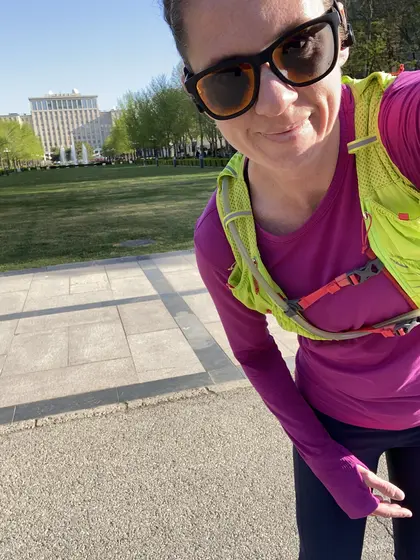
Q5: Are there personal achievements or pursuits that you find particularly fulfilling or noteworthy outside of your scientific work?
Running! I like having an activity that allows me to set goals and see progress that isn't work-related. Growing up, I thought being good at school meant being bad at/avoiding sports/athletics. But now I see how running helps me in other parts of my life, including very thinking-heavy parts; it's a time for me to work on problems and process big feelings. It's also a great way to tour a new place and meet new people!
Q6: Can you share an instance where you felt your influence positively impacted the Carnegie scientific community?
When I started as a staff member at EPL, the summer internship program was still coming out of a pandemic mode and wasn't very focused on cohort-building. I restarted a more cohesive program (SURI) that provided some common experiences for all interns and strived to help them become good communicators of technical concepts, which is a skill that is widely useful (even outside of academia).
Last year we got NSF funding to continue this program [now called EPIIC], which I think benefits Carnegie by bringing in motivated students to make progress on projects and inject some fresh excitement to campus while providing our postdocs with mentoring opportunities. It also helps grow the positive impact Carnegie has on the wider community, engaging students who might not otherwise get research experience and helping them decide if it is part of a career they want to pursue.
More Profiles
